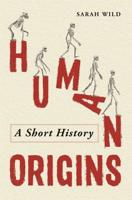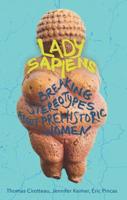Publisher's Synopsis
Plants provide the food, shelter, medicines, and biomass that underlie sustainable life. One of the earliest and often overlooked uses of plants is the production of smoke, dating to the time of early hominid species. Plant-derived smoke has had an enormous socio-economic impact throughout human history, being burned for medicinal and recreational purposes, magico-religious ceremonies, pest control, food preservation, and flavoring, perfumes, and incense. In ten illustrated chapters, this global compendium documents and describes approximately 2,000 global uses for over 1,400 plant species. The Uses and Abuses of Plant-Derived Smoke is accessibly written and provides a wealth of information not only on human uses, but also on conservation issues and the role of smoke, fire, and heat in promoting seed germination in biodiversity hot spots. Divided into nine main categories of use, the compendium lists plant-derived smoke's the medicinal, historical, ceremonial, ritual and recreational uses. Plant use in the production of incense and to preserve and flavor foods and beverages is also included. Each entry includes full binomial names and family, an identification of the person who named the plant, as well as numerous references to and other scholarly texts. Of particular interest will be plants such as Tobacco (Nicotiana tabaccum), Boswellia spp (frankincense), and Datura stramonium (smoked as a treatment for asthma all over the world), all of which are described in great detail. In addition, this is one of the first ethnobotanical books to include a section on plant conservation. It addresses issues of over-harvest and invasiveness, the two primary conservation concerns with human-exploited species.












